Description
David Bowie was born in 1947, or 1922 in the Showa era, and is a member of the “post-war group.” Of course, because they are British, they have been educated as a victorious nation by continuing the values of the pre-war era, and have grown up in an environment where there is no change in values or disconnection between generations as there is in Japan. Born before the war, John Lennon fell in love with rock’n’roll imported from America, and later debuted as the Beatles, which had already taken Britain by storm by 1963. Speaking of 1963, Bowie was 16 years old, and was probably the generation that was directly influenced by the Beatles. In fact, there is also valuable footage of him being interviewed as a “young man who admired the Beatles and grew his hair long” when he was unknown. John Lennon, who was born before the war, was influenced by rock’n’roll and was trying to establish a new British rock, and under that influence, Bowie, who was born after the war, was awakening to music. In this way, rock was inherited and evolved. Furthermore, Bowie’s musical background was also cultivated through jazz. Bowie took formal saxophone lessons in his early teens. The last song on the album “Low”, “Subterraneans”, and the saxophone playing that he occasionally performed on stage were learned during this period. His saxophone playing on the Serious Moonlight Tour was visually stunning, but its roots can be traced back to his teenage years. The oldest member of the Beatles was John Lennon, born in 1940, seven years older than Bowie. Despite this, Bowie’s debut single was released under the band name in 1964, only two years apart from the Beatles. However, although they made their debut early, when I listen to their songs from that time, I can’t help but feel that they had not yet established anything musically and that it was premature. His first solo album, David Bowie, was released in 1967. However, this debut album was not a commercial success, and Bowie decided to leave music and focus on the world of theater. Bowie rarely touched on this debut album, and there is no record of him performing it on stage. Just like Tsuyoshi Nagabuchi’s “Arashiyama in the Rain”, it was released in a way that was not the original intention, so it may be a dark history that Bowie would like to forget. Bowie returned to the world of music with “Space Oddity,” released with the title song inspired by the 1969 film “2001: A Space Odyssey.” The album’s title song became a hit in conjunction with the news of Apollo 11’s moon landing. It was probably at this point that Bowie became confident that he could make a living with music. There are great songs centered around acoustic guitar, ranging from epic songs such as “The Boy with Wild Eyes from the Free Cloud” and “Memories of the Free Festival” to playful elements such as “Don’t Sit Down.” It includes songs that are still popular today. This can be said to be the substantial debut of Bowie’s musical career. In Tsuyoshi Nagabuchi’s words, it would be considered a “tour love song.” In 1970, Bowie had an encounter that was a turning point. That person is guitarist Mick Ronson. The album “The Man Who Sold the World” was produced with a hard electric guitar sound that featured Mick Ronson extensively, and boasted a level of perfection that could be said to have laid the foundation for early glam rock, which later led to Ziggy Stardust. It turns out. However, during this period, Bowie was probably still searching for his musical direction, and it took many more twists and turns before he arrived at Ziggy. That album is “Hunky Dory.” It’s a beautiful album with a different atmosphere from the previous two albums, centered around beautiful piano, and there are few rock elements, instead there are many ballad songs with impressive melodies. This album included songs that would become Bowie’s signature songs, such as “Changes” and “Life on Mars.” Details of Bowie’s early concerts are unknown. Only fragments of records remain, and the exact dates, number of performances, set list, etc. will be left to future research. This work includes one of those early concerts, the Aylesbury performance on September 25, 1971. Since “Hunky Dory” was released in December 1971, I think you can imagine the approximate timeline of the concert several months before that. The recording of “Hunky Dory” took place from June to July 1971, and they were the first to perform these new songs on stage before they were released. Of course, this is the first time the audience has heard this song. The set list is surprising. As mentioned above, the pre-release “Hunky Dory” songs are the main ones, and there is also a live version only from this period that was not played on stage later, so it is a valuable early treasure for Bowie fans. It has become a live performance. The opening song, “Fill Your Heart,” effectively uses falsetto, giving us a glimpse of Bowie’s diverse talents as a vocalist. The following song, “Buzz The Fuzz”, is a cover song by American singer Biff Rose, although it is not well known in Japan. It’s unclear how well known Biff Rose was in the UK, but compared to other Bowie originals, it blends in seamlessly. While he created his 1967 debut album with all original songs, the excellence of the cover with such a unique interpretation is probably Bowie’s true value. While the studio version of “Space Oddity” was elaborately made with various sound effects, here it is a simple performance, probably due to the equipment. “Amsterdam” is a Jacques Brel cover, but it is a rare song where Bowie’s version became more famous than the original. Although this song was not officially recorded in the studio until much later, it is interesting to note that it was already performed on stage at this time. At this point, they have released two albums, and only have the pre-release song “Hunky Dory” and three albums worth of songs, and next they play “Superman” from “The Man Who Sold the World.” As the title suggests, this song is a sign that it will become a big hit in the next few years. And now comes the “Hunky Dory” corner. Bowie moves to the piano and plays the lilting “You Pretty Things.” The heavy chorus of the hook that was impressive in the release version is not included yet, and Bowie sings almost by himself. What’s more surprising is that the medley follows the order of the songs on the album, leading to an “eight-line poem”. As far as I can remember, this is the only live version that can be heard as a sound source. The last song on Bowie’s final stage before his death was “Changes” in New York in 2006. This is the original live version of the song, which Bowie has been singing for many years with great affection, before its release. At this point, I would never have imagined that 45 years later, this would be the last number I would sing. The chase chorus at the “chechechechechenge♪” part is impressive, but perhaps this band is not in the mood for fun, and the chorus is so sloppy that it’s almost Bowie’s solo vocals. Bowie switches to the guitar again and begins with “Song Dedicated to Bob Dylan.” In the studio version, Bowie imitated Dylan’s singing style, which was full of smiles and respect, but on stage, as expected, he sang as usual with “Bowie’s singing style”. Further songs by “Andy Warhol”, “Queen Bitch” and “Hunky Dory” follow. “Looking For A Friend” is a song that Bowie has tried to officially record many times but has failed. Following “Round and Round,” the concert concludes with Velvet Underground’s “I’m a Waiter.” Roughly speaking, this concert is divided into three parts: the first half is acoustic guitar, the middle is piano, and the last is band sound. Although there is a chorus overall, it is sparse and is mostly occupied by Bowie’s solo vocals. In addition, the instrumentation was minimal, so it could almost be called an acoustic live performance, and it could be said that it was a simple stage that was the opposite of the overly decorated stages of later years. For those who only know Bowie’s glittering stages, they may be surprised to learn that Bowie also had an era like this. Another great thing about this work is its sound quality. Despite the era of 1971, I can’t help but be surprised that the full concert was left in such high sound quality. The album also includes two bonus tracks from the 1967 acetate, as well as the UK single version of “Holly Holly,” which was included on the B-side of “Black Country Rock.” A complete recording of David Bowie’s early live performances and acoustic live performances at the dawn of Bowie becoming that Bowie in high quality. Focusing on the songs recorded on “Hunky Dory” before its release, it includes a complete recording of the early stages, including songs that were never performed again, and valuable live takes only from this period. This title is like a treasure for Bowie fans. Friars Club, Aylesbury, UK September 25, 1971 01. introduction 02. Fill Your Heart 03. Buzz The Fuzz 04. Space Oddity 05. Amsterdam 06. The Supermen 07. Oh! You Pretty Things 08. Eight Line Poem 09. Changes 10 . Song For Bob Dylan 11. Andy Warhol 12. Queen Bitch 13. Looking For A Friend 14. Round And Round 15. Waiting For The Man Acetates 1967 16. Everything Is You 17. Social Girl B-side of the “BLACK COUNTRY ROCK” ” Original UK single version 18. Holy Holy
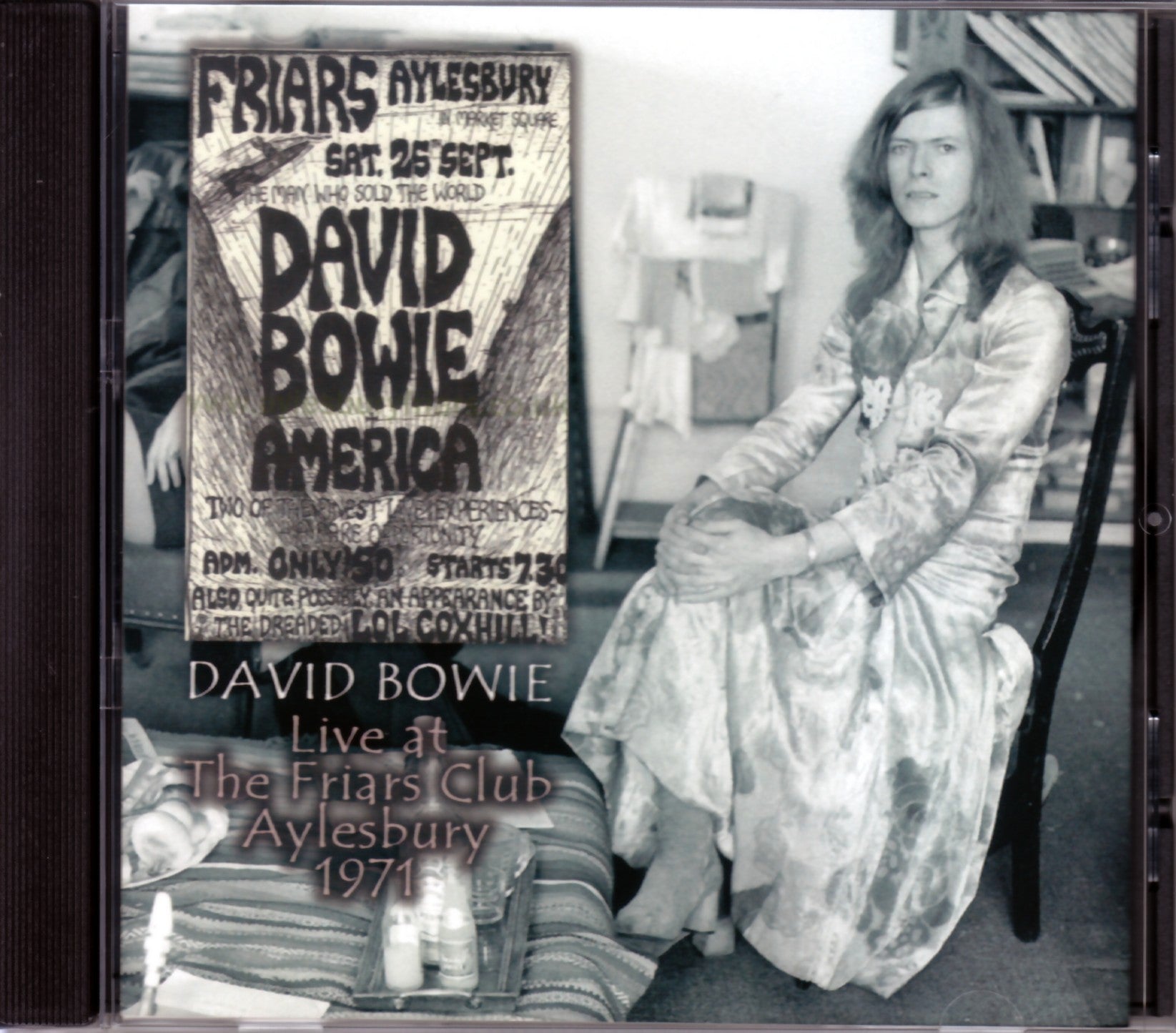
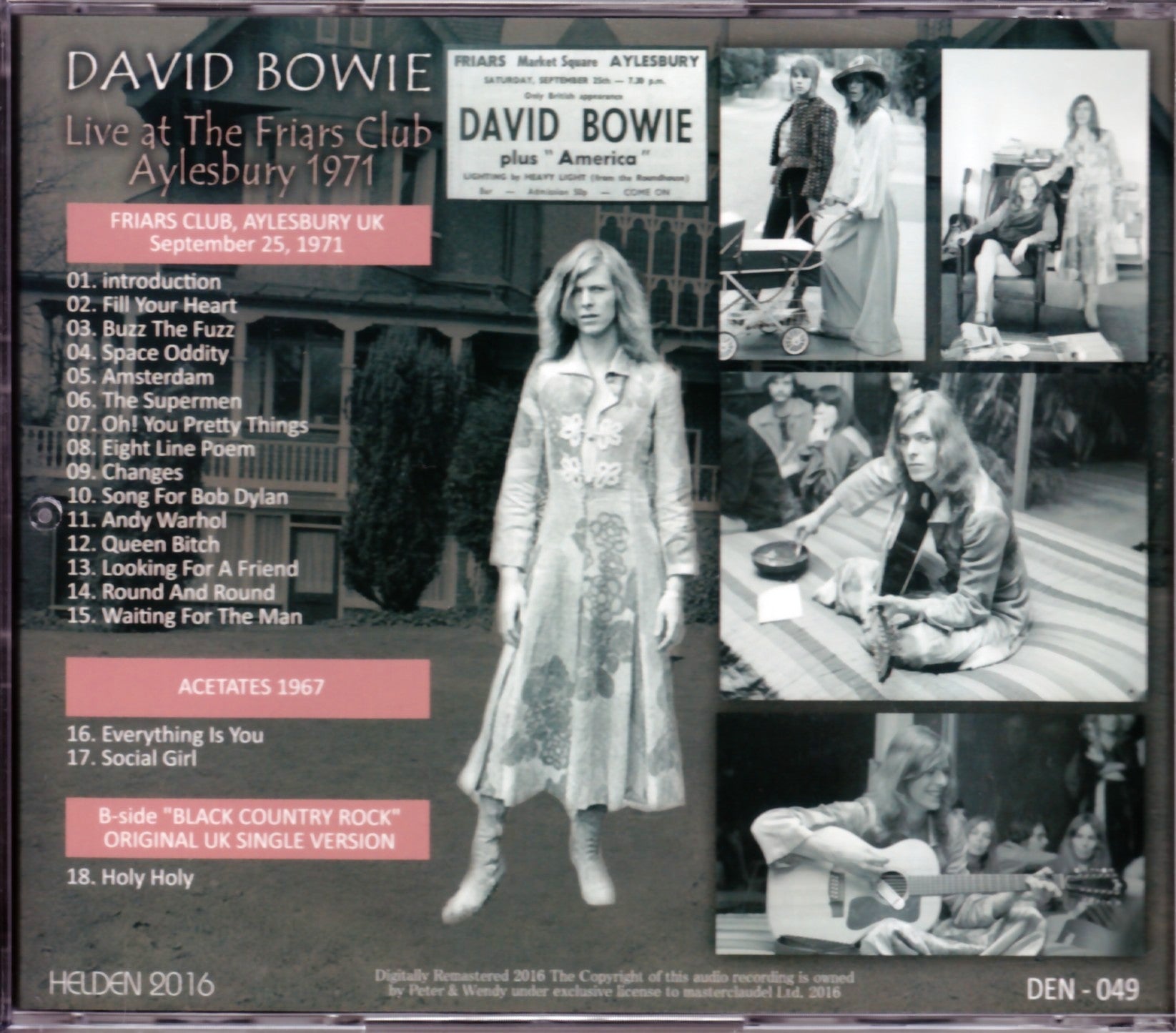

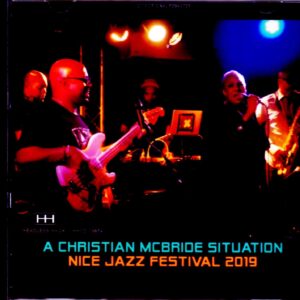
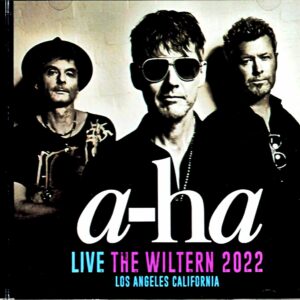
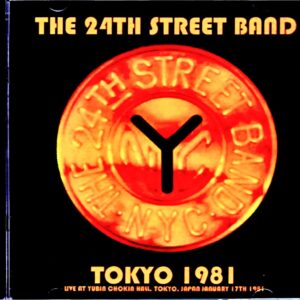
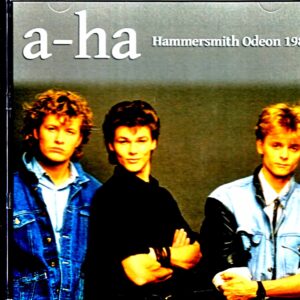
Reviews
There are no reviews yet.